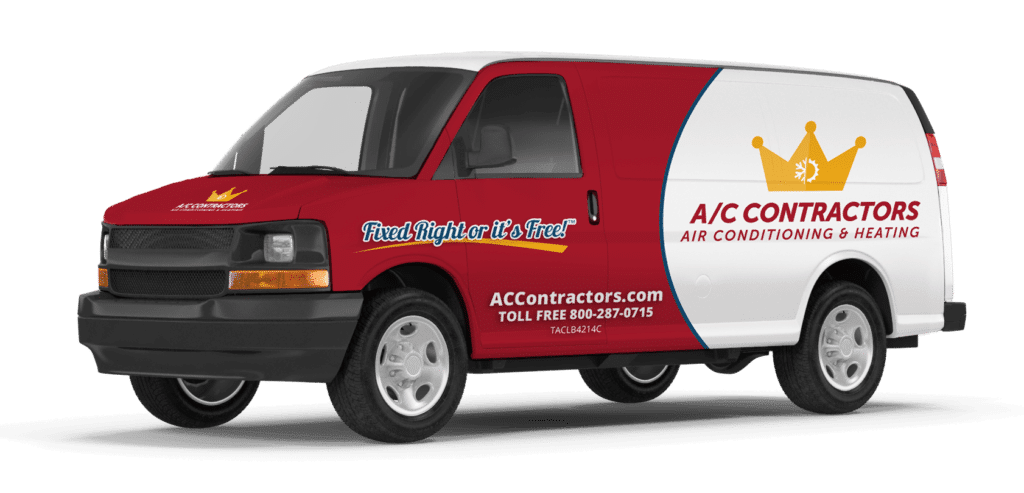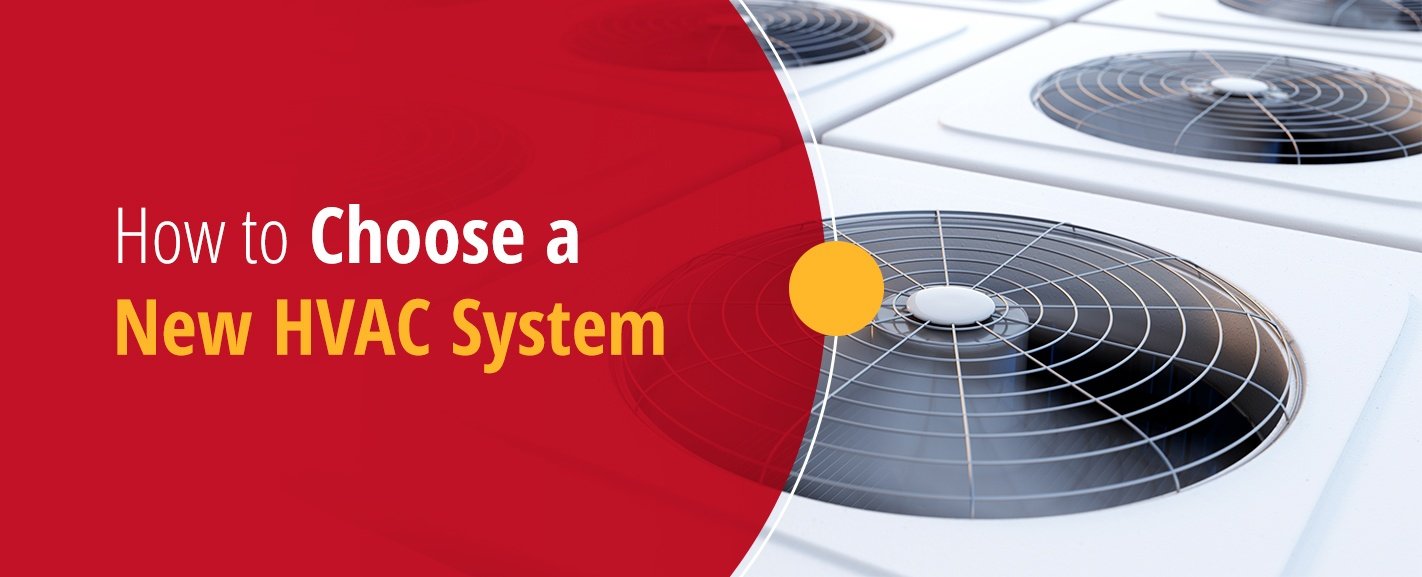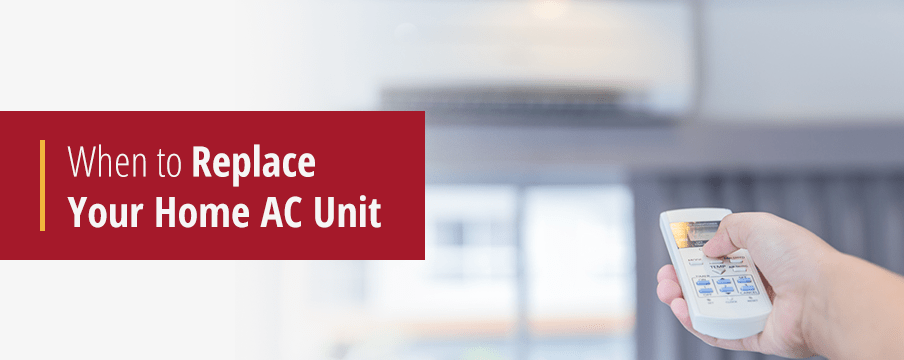
7 Easy Ways to Reduce Monthly AC and Heating Costs
In the summer, the average high temperature in Longview, Texas, is a scorching 94 degrees Fahrenheit. In the winter, the temperature can fall to as low as 35 degrees. Luckily for you, you have central air conditioning and heating at your home. But you might not feel so lucky when you get the bill for your AC and heating use. If you’re wondering why your AC bill is so high,






